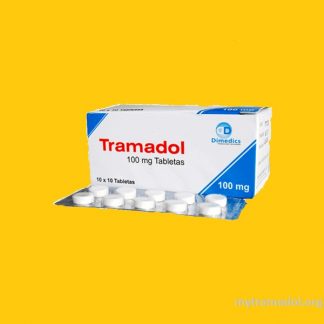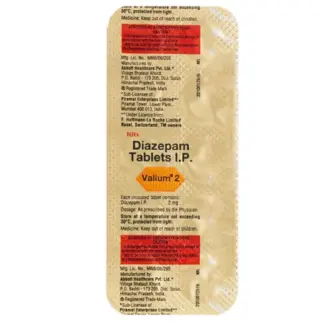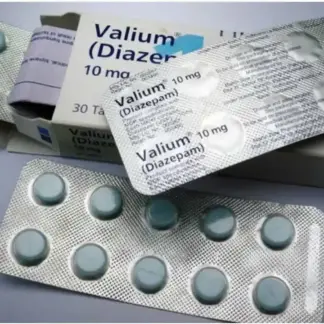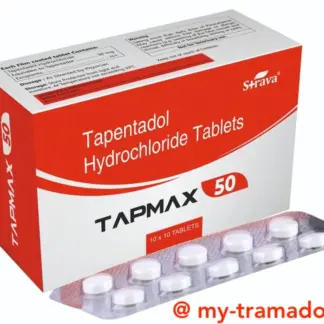Living with chronic pain can be an immense challenge. While acute pain warns us of injury or illness, ongoing persistent pain often has no useful purpose and reduces quality of life. Finding the right solutions to keep chronic pain at bay is crucial for your physical and mental health. This comprehensive guide explores the best medical and lifestyle approaches for gaining control over chronic pain.
Understanding Chronic Pain
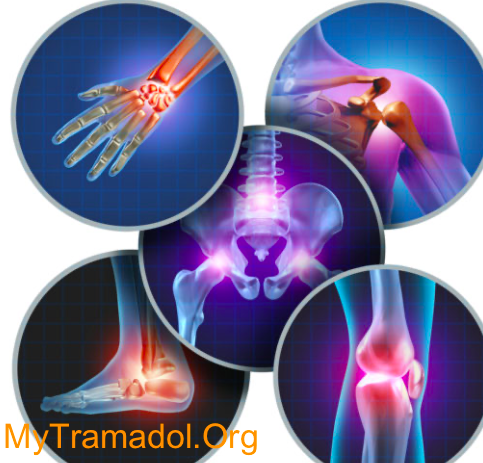
Chronic pain is defined as any pain that lasts for 12 weeks or longer, typically months to years. It may arise from an initial injury or illness that never fully resolved, damage to the nervous system, or a progressive disease. Sources include:
- Arthritis – Degenerative joint damage causes persistent aches.
- Neuropathic pain – Nerve fibers are damaged sending errant pain signals.
- Fibromyalgia – The brain overresponds to normal stimuli causing widespread pain.
- Cancer pain – Tumors or treatment side effects induce pain.
- Migraines – Extreme headaches recur frequently.
- Back pain – Nerves compressed by bulging discs or joint issues.
Chronic pain signals no longer serve a purpose for the body. They represent faulty processing in the nervous system. This can make the pain feel severe, constant, and extremely frustrating to live with.
Impacts of Chronic Pain
Unrelenting chronic pain takes immense physical and emotional tolls:
- Reduced mobility, flexibility, strength
- Poor sleep, constant fatigue
- Loss of appetite, nutrition issues
- Inability to perform daily activities
- Social isolation, loneliness
- Anxiety, depression, hopelessness
- Financial strain from healthcare costs
Gaining control over chronic pain restores physical functioning and improves mental health. Finding the right treatment solutions specific to your pain can greatly enhance wellbeing.
Medical Management Options
Doctors have several approaches for managing chronic pain:

Medications
Prescription or over-the-counter medications that may help include:
- Non-opioid pain relievers – Acetaminophen, NSAIDs like ibuprofen, salicylates
- Mild opioids – Tramadol, codeine, Ultram
- Strong opioids – Oxycodone, morphine, fentanyl – only for severe pain unresponsive to other treatments
- Antidepressants – Certain types like SNRIs can reduce pain signals
- Anticonvulsants – Used for neuropathic pain
- Topical treatments – Creams, gels, patches with analgesic ingredients
Medications should be used judiciously at the lowest effective doses along with non-drug therapies. Work closely with your doctor to find the right regimen specific to your pain condition and symptoms.
Nerve Blocks
Injections can numb specific nerves causing localized pain. Types of nerve blocks include:
- Epidural steroid injections – Into the epidural space around the spinal cord.
- Joint blocks – Into joints like the knee, shoulder, hip.
- Trigger point injections – Into knots of muscle associated with myofascial pain.
- Occipital nerve blocks – Into the nerves linked to migraines.
Procedural interventions can provide targeted pain relief when oral medication is not enough.
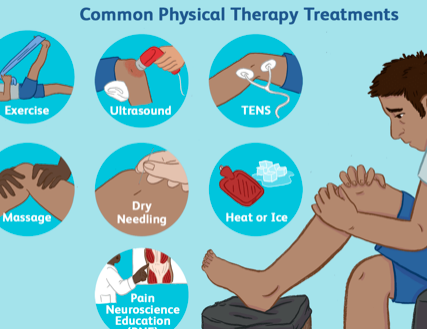
Physical Therapy
Working with a physiotherapist utilizes various hands-on techniques to reduce pain and improve function. Methods may include:
- Stretching and range of motion exercises
- Massage, trigger point therapy, dry needling
- Heat/cold therapies
- TENS (transcutaneous electrical nerve stimulation)
- Assistive and adaptive techniques for daily activities
- Posture and body mechanics training
Physical therapy aims to strengthen muscles, improve flexibility, and retrain movement patterns.

Surgery
For some chronic pain arising from anatomical issues like compressed nerves or arthritic joints, surgery can help. Procedures like spinal decompression and total joint replacement eliminate the structural source of pain.
Integrative Health Approaches
Complementary techniques like mind-body practices, acupuncture, and nutritional optimization may also assist with chronic pain management. Work with integrative health providers to incorporate these methods.

Lifestyle Modifications
Certain lifestyle changes and self-care techniques can aid in controlling chronic pain:
- Low-impact exercise like walking, swimming, tai chi
- Yoga, stretching, and proper posture
- Stress management through meditation, deep breathing
- Adequate sleep and rest
- Healthy anti-inflammatory diet
- Joining a support group for encouragement
- CBT or counseling to shift mindset about pain
- Body mechanics training for daily tasks
- Massage, hot/cold therapy, TENS
- Pacing activities and rest periods
Lifestyle adjustments reduce flare-ups and lessen the burden of persistent pain.
Finding Your Individualized Treatment Plan
Chronic pain treatment must be tailored to each person. A combination approach is best:
- Have pain accurately diagnosed by specialists
- Use medications judiciously for symptom relief
- Undergo interventional procedures as needed
- Participate actively in physical therapy
- Incorporate complementary modalities
- Optimize daily habits and self-care
- Communicate frequently with your treatment team
Ongoing reassessment ensures the benefits of therapy continue to outweigh any risks. Being proactive and patient in working with your healthcare providers leads to the greatest pain improvements.
When to Seek Medical Care
Consult your doctor promptly if chronic pain:
- Worsens suddenly or spreads
- Disrupts sleep, appetite, activities
- Causes new symptoms like numbness
- Does not improve with initial treatments
- Requires escalating doses of medication
- Is accompanied by concerning side effects
- Negatively impacts relationships and mental health
Do not simply accept chronic pain as an inevitable part of life. Seeking care from pain specialists can often successfully reduce discomfort and restore quality of life. You deserve to find relief.
Conclusion
While living with chronic pain presents difficulties, an individualized treatment plan tailored to your specific condition can help manage symptoms successfully. Work closely with a pain management team to find the right combination of medical care, physical rehabilitation, integrative modalities, and lifestyle adjustments. Relief from persistent pain is possible with today’s many therapeutic options. Do not hesitate to reach out for specialized care that can significantly improve your wellbeing and outlook when living with chronic pain.

